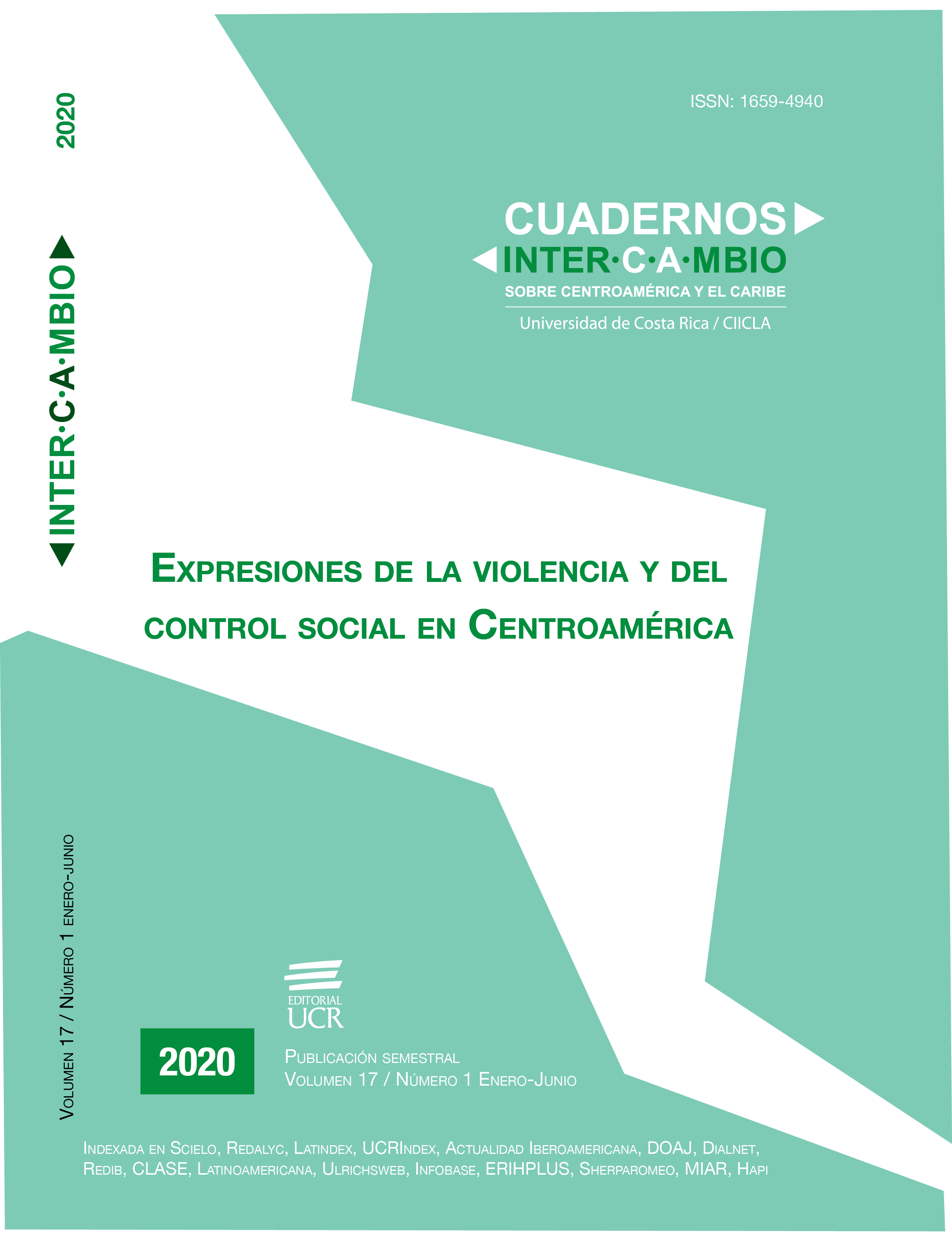Resumen
El presente ensayo analiza, en tres relatos de David Ulloa, la construcción de la subjetividad gay como una subjetividad con contradicciones (producto de su situación en el mundo), que se mueve entre la asimilación y la rebeldía. Primero, el estudio considera la noción de “paria”, explicada por Eleni Varikas, pero también por Hannah Arendt y Didier Eribon, con el fin de plantear al homosexual como un “paria moderno”. Luego, se ofrece un análisis de los relatos, con el que se explica cómo la voz del narrador-protagonista es una voz propia (en tanto expone diferentes momentos de su vida). Aunque con contradicciones, esta voz trata de alzarse en contra de los imperativos constituidos en torno a aquellos sujetos que son despojados sistemáticamente –porque no pueden “hablar”– de las condiciones que posibilitan una vida política, social y privada plena. En el trabajo, se hace referencia a distintos elementos tratados a lo largo de los textos de Ulloa, como la sexualidad, las emociones, la identidad o la enfermedad (el VIH/sida).
Citas
Ahmed, Sara. (2015). La política cultural de las emociones. México, D. F.: Universidad Nacional Autónoma de México.
Almodóvar, Pedro. (1991). Patty Diphusa y otros textos. Barcelona: Anagrama.
Arenas, Reinaldo. (2003). Antes que anochezca. Barcelona: Tusquets.
Arendt, Hannah. (1998). Los orígenes del totalitarismo. España: Taurus.
Arendt, Hannah. (2005). La tradición oculta. Buenos Aires: Paidós Básica.
Bourdieu, Pierre. (2007). La miseria del mundo. Argentina: Fondo de Cultura Económica.
Eribon, Didier. (2001). Reflexiones sobre la cuestión gay. Barcelona: Anagrama.
Eribon, Didier. (2004). Una moral de lo minoritario: Variaciones sobre un tema de Jean Genet. Barcelona: Anagrama.
García-Torvisco, Luis. (2010). La narrativización del excesivo yo de la «Movida» en Patty Diphusa (1983-1984) de Pedro Almodóvar. En Pierre Civil y Françoise Crémoux (Coords.), Actas del XVI Congreso de la Asociación Internacional de Hispanistas. Nuevos caminos del hispanismo…. (Vol. 2). Madrid: Iberoamericana.
Link, Daniel. (2004). La ansiedad. Novela trash. Buenos Aires: El Cuenco de Plata.
Meruane, Lina. (2012). Viajes virales: La crisis del contagio global en la escritura del sida. México: Fondo de Cultura Económica.
Palovic, Tatiana. (2003). Despotic Bodies and Transgressive Bodies. Spanish Culture from Francisco Franco to Jesús Franco. New York: State University of New York Press.
Pérez, Pablo. (1998). Un año sin amor: Diario del sida. Buenos Aires: Libros del Perfil.
Proust, Marcel. (2000). En busca del tiempo perdido: Sodoma y Gomorra. Buenos Aires: Santiago Rueda Editor.
Saccomanno, Guillermo. (1994). “Deje su mensaje después de la señal”. En: Animales domésticos. Buenos Aires: Planeta.
Ulloa, David. (2018). Cartas a hombres. San José, Costa Rica: Feliz-Feliz.
Varikas, Eleni. (2017). Las escorias del mundo: Figuras del paria. México: Universidad Veracruzana.


